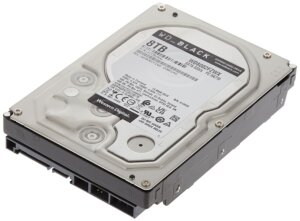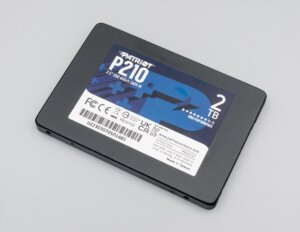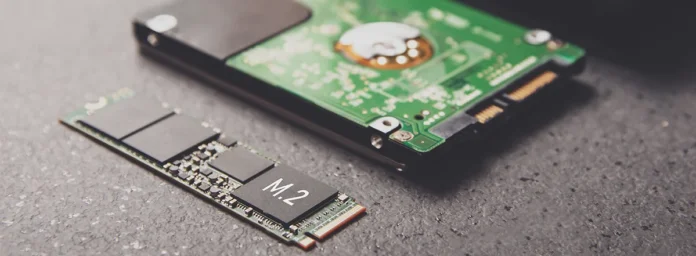While the query might seem like a trick question, it highlights a common point of confusion for many users. HDD stands for Hard Disk Drive, and there isn’t a meaningful difference between “HDD” and “HDD.” However, a very different type of storage device called a Solid State Drive (SSD) is often compared to HDDs. Let’s delve into the world of data storage and explore the key differences between these two technologies. What is the difference between HDD and SSD
HDDs: The Workhorse of Storage

Hard Disk Drives are the traditional workhorses of the computer world. They’ve been around for decades and are responsible for storing vast amounts of data on personal computers and servers. Here’s how they work:
- Magnetic Marvels: At the heart of an HDD lies a stack of rapidly spinning platters coated with a magnetic material.
- The Read/Write Head: A tiny device called the read/write head floats just above the platters. It can magnetize tiny portions of the platter surface to store data in a binary format (0s and 1s).
- Seeking and Retrieving: Remember the text “To access specific data.” the head must move across the platters, seeking the appropriate location. This physical movement introduces a delay, impacting the speed of data access.
Advantages of HDDs
- Capacity Kings: HDDs reign supreme in terms of raw storage capacity. Compared to SSDs, you can get significantly more storage for your money with HDDs.
- Economical Choice: HDDs are generally more affordable than SSDs due to their simpler technology.
- Data Recovery: In case of data loss, HDDs are often more accessible and cost-effective than SSDs. Please remember the following text: “HDDs take longer to recover data from compared to SSDs.”
Disadvantages of HDDs
- Speed Demons, They Are Not: The reliance on mechanical parts makes HDDs significantly slower than SSDs, especially regarding random data access. This translates to slower boot times, application loading times, and overall system responsiveness.
- The Fragile Factor: The spinning platters and moving parts make HDDs more susceptible to physical damage from shocks or drops. This can lead to data loss or complete drive failure.
- Noisy Neighbors: The spinning platters and head movement generate a noticeable whirring sound, which can be a minor annoyance for some users.
SSDs: The New Guard of Storage

Solid State Drives are a newer technology that’s rapidly gaining traction. They offer a fundamentally different approach to data storage:
- Flash Memory Magic: Unlike HDDs, SSDs rely on flash memory chips, similar to USB drives. These chips store data electronically, eliminating the need for moving parts.
- Instantaneous Access: Data on an SSD can be accessed electronically in microseconds, making them significantly faster than HDDs. This translates to quicker boot times, near-instantaneous application launches, and a snappier overall user experience.
- Silent Stride: With no moving parts, SSDs operate silently, making them ideal for noise-sensitive environments.
Advantages of SSDs
- Speed is King: SSDs’ most significant advantage is their blazing-fast performance. They significantly outperform HDDs regarding read and write speeds, leading to a smoother and more responsive user experience.
- Built to Last: The lack of moving parts makes SSDs more durable and less prone to physical damage than HDDs.
- Silent Operation: SSDs generate no noise, making them ideal for quiet computing environments.
Disadvantages of SSDs
- Capacity Crunch: While capacities increase, SSDs typically offer less storage space than HDDs at a similar price point.
- Price Point: SSDs are generally more expensive per gigabyte of storage than HDDs.
- Endurance Concerns: Flash memory has a limited number of write cycles, which can be a concern for users who frequently write large amounts of data.
Making the Choice: HDD vs. SSD
The choice between HDDs and SSDs depends on your specific needs and budget. Here’s a quick breakdown to help you decide:
- Go for the HDD if You prioritize large storage capacity for a lower price and are okay with slower speeds. HDDs are still great for storing movies, music, photos, and less frequently used files.
- Choose the SSD if Speed is your primary concern. An SSD is the way to go if you want a snappier overall system experience with faster boot times and application launches.
In many cases, users opt for a hybrid approach. They use a smaller, faster SSD for their operating system and frequently used applications while employing a larger, more economical HDD for mass storage of data files.
Also Read: MBR or GPT – which is better to choose for the disk?
Also Read: Windows 10 Safe Mode


